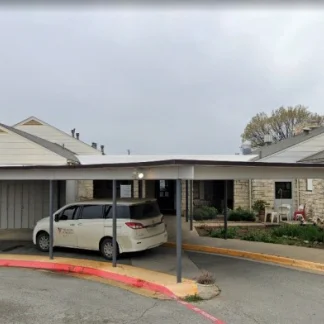Huguley Psychotherapy Clinic
Huguley Psychotherapy Clinic is a private rehab located in Fort Worth, Texas. Hu...
Volunteers of America Texas – Treatment Center is a private rehab located in Fort Worth, Texas. Volunteers of America Texas – Treatment Center specializes in the treatment of alcoholism, drug addiction, opioid addiction, and substance abuse.
Contact us for more information: (817) 534-3432

Connect with Volunteers of America Texas - Treatment Center by calling their admissions team directly.
(817) 534-3432 Website Get DirectionsGroup therapy is any therapeutic work that happens in a group (not one-on-one). There are a number of different group therapy modalities, including support groups, experiential therapy, psycho-education, and more. Group therapy involves treatment as well as processing interaction between group members.
Huguley Psychotherapy Clinic is a private rehab located in Fort Worth, Texas. Hu...
JPS Hemphill Behavioral Health is an outpatient mental health clinic that provid...
Tarrant County Medical Education and Research Foundation – Outpatient is a priva...
MHMRTC – Homeless Clinic & Crisis Residential, located in Fort Worth, Texas,...